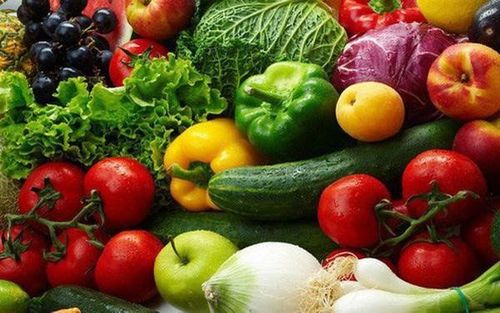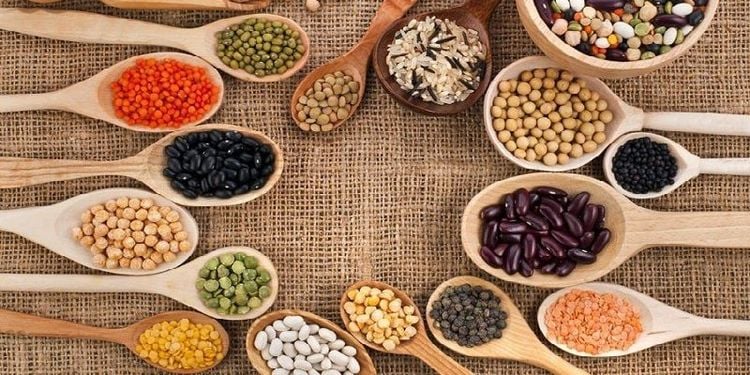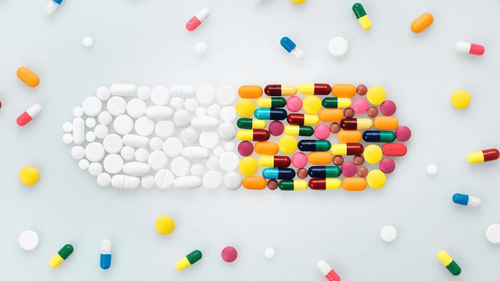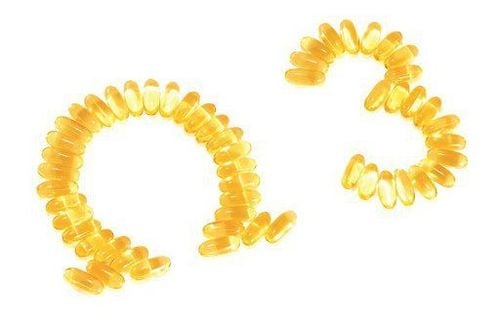This is an automatically translated article.
Sweet foods are the most popular foods. However, consuming excessive amounts of sugar will increase the risk of depression by reducing resistance, carb addiction. In addition, eating sweets also increases the risk of many other chronic diseases.
1. The link between sweets and depression
Foods like fruits, vegetables work to reduce the risk of depression in middle age. In addition to anti-depressant effects, they also help improve heart health, brain, limit the risk of chronic diseases. Meanwhile, processed sweet foods (refined carbs) such as desserts, fried foods and canned meats increase the risk of depression.
Although the main ingredient is carbs, refined carbs have a simple structure, causing blood sugar to rise rapidly, so they are more likely to cause harm to the body. Meanwhile, vegetables and fruits have a longer carb consumption time, making it easier for the body to regulate blood sugar.
2. Sweets are more addictive than cocaine
Sweet foods are more addictive than cocaine. One study in rats showed that sweet receptors stimulate the brain's reward centers, producing more pleasurable feelings than cocaine. The amount of sugar introduced into the body gives a milder addictive feeling than cocaine, making people addicted to sweets not self-conscious to control sugar consumption.
Since sugar is found all over the food from drinks, sauces, soups, sandwiches, so you need to gradually cut down the amount of sugar you need in your daily diet. Once you have successfully detoxed from sweet foods, you won't need to consume too much sugar to achieve satisfaction.

Đồ ngọt rất dễ gây nghiện do nó tạo cảm giác dễ chịu hơn cocaine
3. Sweet foods - inflammation and the link to depression
A diet rich in fruits and vegetables helps reduce inflammation in organ tissues, while a diet high in refined carbs increases the risk of inflammatory diseases.
If inflammation becomes chronic, the body is at risk of metabolic diseases, cancer and asthma. According to some studies, inflammation also increases the risk of depression. Symptoms of inflammation are similar to those of depression, such as:
Loss of appetite Change in sleeping patterns Improve tolerance to pain You should seek medical attention if chronic inflammation is suspected. Your doctor will do a physical examination to determine the exact condition and cause of the inflammation to have the right treatment. You will also be guided by your doctor on a diet that will help improve your condition.
4. Insulin Can Help Treat Depression
Insulin is believed to be effective in treating depression. In one study, scientists found that people with depression and insulin resistance had an improvement in their symptoms of depression when taking diabetes medication for 12 weeks. The effect was particularly strong in the young people participating in the study.
For insulin and other diabetes medications to be prescribed to people with depression, more scientific evidence is needed. However, you can talk to your doctor about new research on treatment and alternative treatments if the old ones don't work.

Insulin có thể giúp điều trị trầm cảm
5. Men have a higher risk of depression related to sweets than women
Men are more susceptible to mental health effects than women when consuming the same amount of sweet foods. In one study, scientists found that men who ate 67 grams or more of sugar per day had a 23% higher risk of developing depression after a 5-year period. Men who ate <40 grams of sugar per day had a lower risk of depression.
Accordingly, the American Heart Association recommends that adults eat no more than 25 grams of sugar for women and 36 grams of sugar for men per day. However, this is difficult to do because sugar is found in most foods in relatively high amounts. For example, a 12-ounce can of soda contains about 39 grams of sugar, which is well over the recommended limit.
6. Carb type but not total carb increases depression risk
You should not misunderstand that sugar can only be reduced by reducing carb intake. By the fact it depends a lot on the type of carbs consumed, not the total amount of carbs consumed.
A study of 70,000 women found that women who ate high GI foods had a higher risk of depression than those who ate low GI foods. Women who ate more foods with a lower GI, such as vegetables and fruits, had a lower risk of depression.

Tiêu thụ nhiều rau củ giúp giảm nguy cơ mắc bệnh trầm cảm
7. Processed baked goods linked to depression
Muffins, croissants, cakes, and other baked goods can cause depression. Spanish researchers found that people who ate a lot of processed baked goods had a 38% higher risk of depression than those who ate less. From there, it was concluded that trans fats may be a factor in increasing the risk of depression by increasing the risk of inflammatory diseases and cardiovascular disease.
8. How to quit sweet food
Cut back on familiar sweets Sugary drinks like soda, energy drinks, coffee, smoothies, juices and fruit juices contain a lot of sugar. Instead of consuming them, you should choose filtered water, mineral water, unsweetened tea. Or squeeze a lemon into the water to enhance the natural sweetness of the water.
Choose healthier desserts Desserts, cereals and milk are high in sugar and easily absorbed carbs. Instead of using these dishes for a side meal, you can choose:
Fresh fruit Dates Dark chocolate Sauteed fruit with cinnamon sprinkles Fruit sauce or natural dried fruit. Choose foods that contain quality carbs Not all carbs are bad for your health, but you need to choose your carbs wisely. Same grain, but unprocessed whole grains contain more complex carbs, so when they enter the body they are consumed more slowly, causing less sudden spikes in blood sugar and potential health problems. In general, you should choose unprocessed carb foods over processed foods.

Ngũ cốc nguyên hạt là một lựa chọn phù hợp để cai đồ ăn ngọt
Read food labels Some salty foods also have added sugar to increase their appetite. For example, marinara sauces and canned soups all have some sugar in them. Therefore, you need to look at food labels to choose foods that are low in sugar. If sugar is in the first 5 ingredients, don't buy that food.
Challenge yourself You should challenge yourself to eliminate sugar by not eating foods containing artificial sweeteners for two weeks. After this short period of time, you will have established your own preferences and no longer crave foods high in sugar.
Many studies have shown that sugar increases the risk of depression and many other diseases. However, eliminating sugar in the daily diet is difficult because most of the daily foods we consume contain a certain amount of sugar. Therefore, you need to maintain a suitable diet, choose foods with a low glycemic index, combined with exercise to improve health.
Vinmec International General Hospital is the address for examination, treatment and prevention of diseases. When performing the examination process at Vinmec, customers will be welcomed and used modern facilities and equipment along with perfect medical services under the guidance and advice of experts. Good doctors, well-trained both at home and abroad.
Customers can directly go to Vinmec Health system nationwide to visit or contact the hotline here for support.
Reference source: healthline.com













